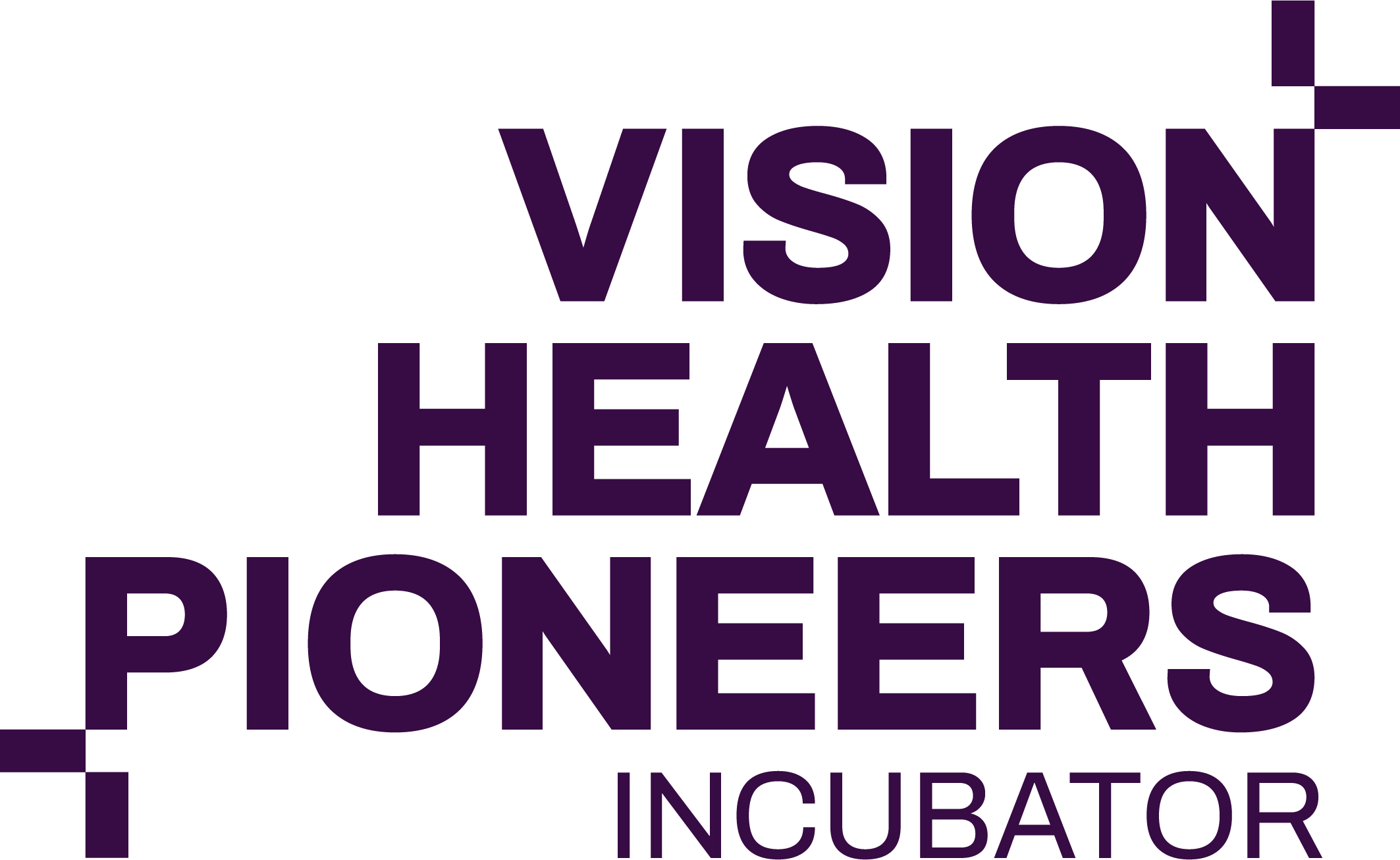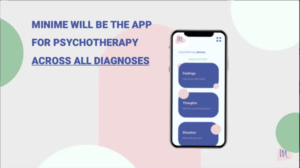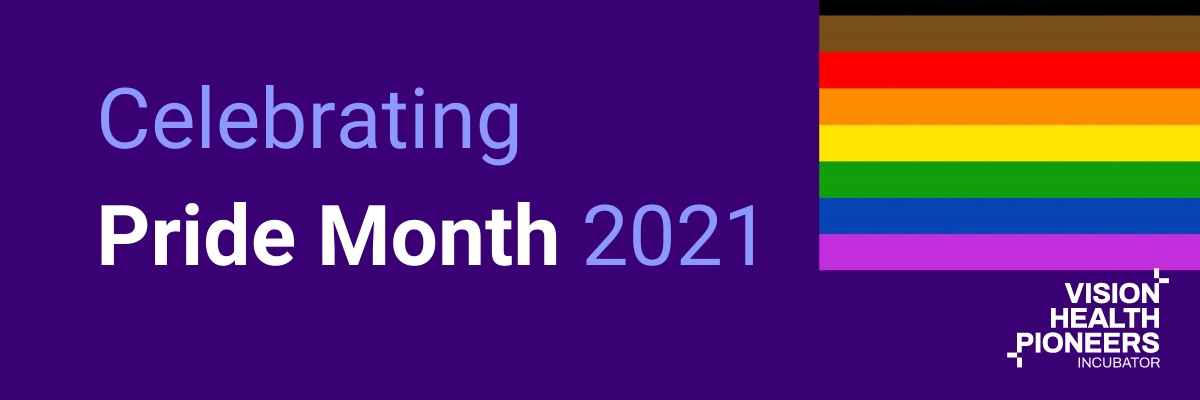
19 May Celebrating PRIDE: LGBTQ+ Health Matters and Why It Matters
In honor of Pride month, Vision Health Pioneers Incubator is taking the opportunity to give prominence to issues in the healthcare industry experienced by our friends in the LGBTQ+ community.
The Call For Inclusive Healthcare
Despite the many advances in healthcare today, access, representation and inclusivity in healthcare remain an issue of contention for the LGBTQ+ community. They continue to face significant challenges when accessing healthcare while also suffering a greater burden of particular health issues: depression, isolation, suicide, HIV/STIs and cancer.
The healthcare industry strives to inspire hope and to their best of their ability provide patient-centered healthcare. However, LGBTQ+ and minority patients continue to report experiences tainted by stigma, hate-violence and discrimination. Surveys have reported experiences that range from refusal to be seen, addressed with harsh or abusive language and misgendering amongst a disturbing list of other harassments and humiliations when seeking care.
This has unsurprisingly discouraged LGBTQ+ people from accessing healthcare. While LGBTQ+ community health centres and services do exist, they are not as widely available or easily accessed. There remains as well, a distinct lack of knowledge amongst healthcare providers on the correct anatomical language to create a safe space for all. As providers struggle to describe bodies and patients outside of gendered terms, this gap in communication has left a demographic of people feeling entirely unseen and unheard.
These barriers in accessing healthcare is a trauma in itself. Inadvertently, it contributes to the vulnerabilities and health risks of LGBTQ+ people who opt out of seeking medical attention for fear of being othered.
A majority proportion of national health surveys that do not collect information on sexual orientation and gender identity poses as a furthered form of discrimination. Again, while there have been improvements and greater attention in recent years, there remains a distinct health data gap for LGBTQ+ people, with their specific health risks being left out entirely in what informs public healthcare.
Undoubtably there is a need for enhanced awareness amongst healthcare providers and greater community consciousness. In looking towards health innovations that could help fill the gap in healthcare for this community, digital health tools are emerging as essential.
Digital Health Tools and LGBTQ+ Health
In an era where digital communication is preferred, mental health innovations that allow for support via text and calls are providing a much needed space for people to reach out digitally in a moment of crisis. The increased anonymity through digital applications as well, allows for a wider spread and hopefully more inclusive demographic that will seek out support. Meet a few organisations that inspire:
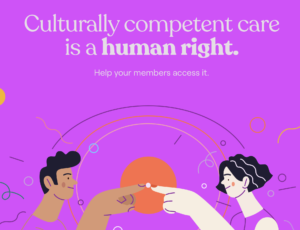
Online platforms allow individuals to access culturally competent healthcare and come together in a digital safe space. For instance, sites such as Violet and EmptyClosets that allow members of the community to connect.
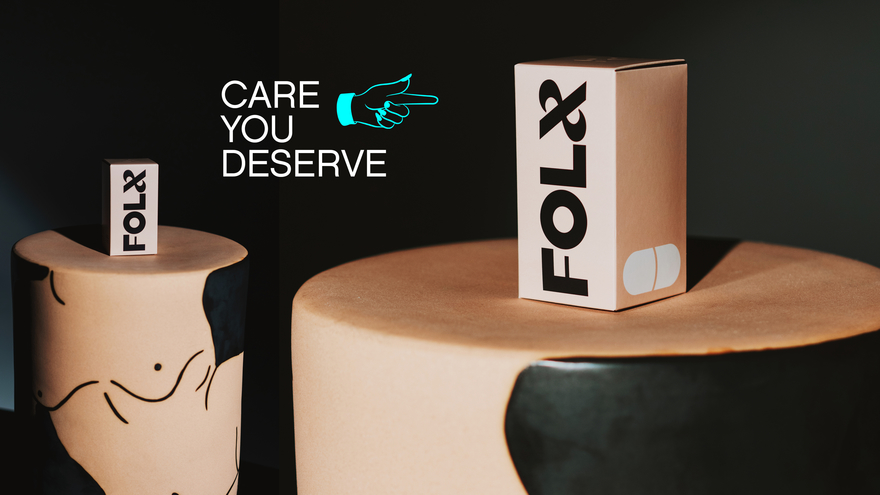
Also read more here on Foxl Health, the direct-to-consumer health startup designed with LGBTQ+ patients in mind and how other digital health startups are driving the change towards more inclusive healthcare.
Closer to home within our incubator, our Batch #2 team minime have been working on a self-monitoring Cognitive Behavioural Therapy tool. It serves to introduce greater flexibility and ease of access in therapy and allows patients to self-monitor between sessions in a fun way.

Our Batch #2 team ALMA recognise the value of connection, education and dialogue. They are working on creating a community platform to tackle the stigmatised and often silenced issue of female intimate healthcare
A long road is still ahead
This shift towards digital health tools prioritising health education in an open, culturally relevant environment is an encouraging step towards greater inclusion in healthcare. While much work remains to be done, there is hope that the future holds improved healthcare prospects for the LGBTQ+ community.
To all the founders out there: KEEP THE NEEDS OF THE LGBTQ+ COMMUNITY IN MIND AND CREATE INCLUSIVE SOLUTIONS THAT EMBRACE ALL PATIENTS NEEDS.


